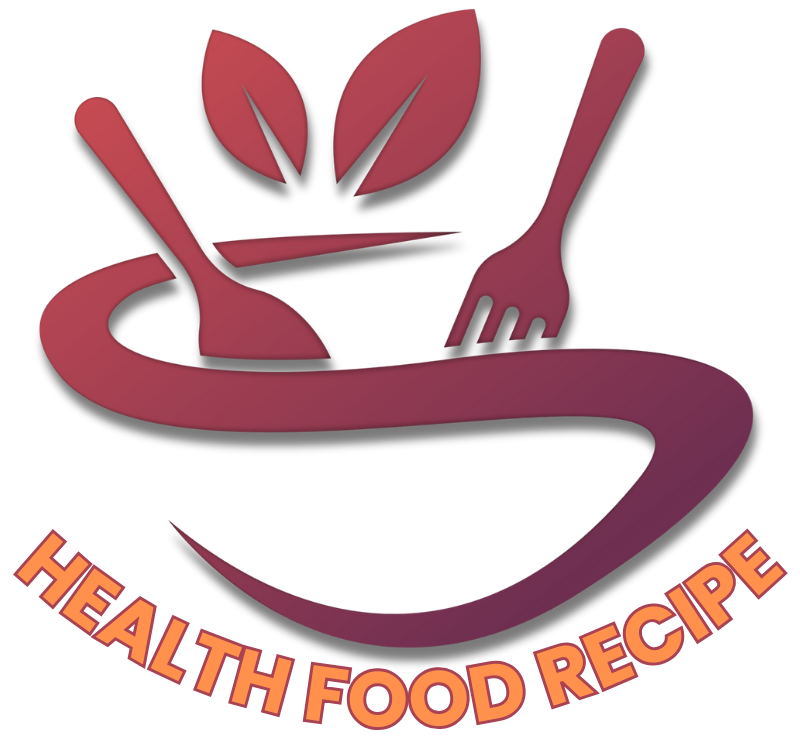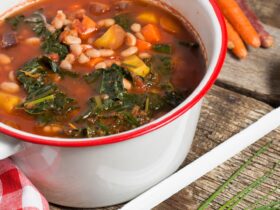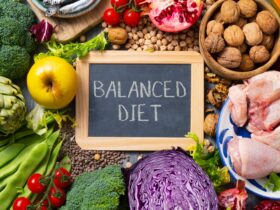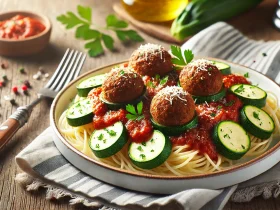If you’ve spent any time browsing health and wellness blogs lately, you’ve probably come across the phrase intermittent fasting. It’s been buzzing around the wellness world for years now, and for good reason. But what exactly is it? Is it safe? Is it effective? And more importantly, is it right for you?
Whether you’re looking to improve your energy levels, manage your weight, or simply feel a little more in tune with your body, intermittent fasting might be something worth learning about. This post is here to guide you through what intermittent fasting involves, who it may benefit, and what to consider before giving it a try.
What Is Intermittent Fasting?
Intermittent fasting (often abbreviated as IF) is not a diet in the traditional sense. It doesn’t tell you what to eat, but rather when to eat. It involves alternating periods of eating with periods of fasting. There are several popular approaches, but the most common are:
- 16:8 Method: Fast for 16 hours and eat during an 8-hour window (e.g., from 12 pm to 8 pm)
- 5:2 Diet: Eat normally for five days a week and limit calories to around 500–600 for two non-consecutive days
- Eat-Stop-Eat: Involves fasting for a full 24 hours once or twice a week
The appeal of intermittent fasting is that it’s relatively simple, flexible, and can fit into a variety of lifestyles. Many people find that after a short adjustment period, it becomes second nature.
What Does the Science Say?
The research on intermittent fasting is growing, and while it’s not a magic bullet, there are some promising findings.
Studies suggest that intermittent fasting may support weight loss, primarily because it can naturally lead to fewer calories consumed throughout the day. According to a review in the New England Journal of Medicine, IF may also help reduce inflammation, improve blood sugar regulation, and support heart and brain health over time.
Other research highlights improvements in insulin sensitivity, which is particularly relevant for women entering their 40s and beyond. One study published in Cell Metabolism found that time-restricted eating improved metabolic health, even without calorie counting.
Benefits Women Often Notice
While everyone’s experience with intermittent fasting is different, women who practice IF often report:
- More stable energy throughout the day
- Less bloating and better digestion
- Improved mental clarity
- More appreciation for meals and hunger cues
It’s important to remember that benefits are often gradual and depend on the individual. Hormonal balance, sleep quality, stress levels, and food choices all play a role in how your body responds.
Are There Any Downsides?
Absolutely. Intermittent fasting is not a one-size-fits-all solution, and it may not be suitable for everyone. Some women, especially those with a history of eating disorders or who may be dealing with conditions such as diabetes, should approach fasting with caution or avoid it altogether.
There’s also the hormonal factor. Women’s bodies are highly attuned to changes in energy intake, and some research suggests that fasting for too long or too often can disrupt hormonal balance in premenopausal and menopausal women. For this reason, it’s generally recommended to start slowly and pay close attention to how your body feels.
Some women may also experience:
- Irritability or mood swings
- Difficulty sleeping
- Disrupted menstrual cycles
- Overeating during eating windows, especially early on
If any of these symptoms arise, it’s wise to scale back or stop altogether. Health and wellbeing should always come first.
How to Try It (Gently)
If you’re curious about giving intermittent fasting a go, there’s no need to jump in at the deep end. Start with small changes and take note of how you feel. Here’s a beginner-friendly approach:
- Start with a 12:12 window – For example, eat between 8 am and 8 pm. This is considered a very gentle introduction.
- Listen to your hunger cues – Don’t force yourself to fast if you’re feeling lightheaded or irritable.
- Stay hydrated – Drink plenty of water, herbal teas, or black coffee during fasting windows.
- Keep meals nourishing – Focus on whole foods that contain a balance of protein, healthy fats, fiber, and complex carbs. The recipes that we present here at Health Food Recipe often meet this requirement.
- Avoid bingeing – It can be tempting to overeat during your eating window, but this often undermines the benefits of fasting.
- Be flexible – Life happens. If you have brunch plans or a busy morning, it’s okay to shift your schedule.
Intermittent Fasting and Exercise
A common question is whether or not you can work out while fasting. The answer is yes, but again, it depends on how your body responds.
Some women find they perform better in a fasted state, particularly with lower-intensity activities like walking or yoga. For more intense workouts, you may feel better eating beforehand. As with most things health-related, personal experimentation is key.
This guide from Harvard Health Publishing offers additional insight into how fasting and exercise can complement each other.
Is It Right for You?
If you’re in your 30s to 50s, chances are you’ve seen your body change over the years. You may be looking for ways to simplify your health routine, shed a few stubborn kilos, or regain your energy.
Intermittent fasting can be a helpful tool for some women. It offers a structured yet flexible approach to eating that doesn’t involve counting calories or cutting out entire food groups. However, it’s not the only path to wellness.
If you’re managing chronic stress, dealing with hormone-related issues, or are undernourished, it may not be the right time to try fasting. It’s always best to check in with a healthcare provider or a registered dietitian before making significant changes to your eating patterns.
A Gentle Reminder
No matter how popular a health trend is, remember that your body is unique. The most important thing is to feel good, have energy for the things you love, and nourish yourself with kindness and care.
If intermittent fasting appeals to your natural rhythms and lifestyle, it may become a helpful addition to your wellbeing toolkit. But it should never feel like punishment. Health is not about restriction or guilt. It’s about learning, adapting, and finding what supports you best.
Final Thoughts
Intermittent fasting is not a quick fix, but for many women, it can be a sustainable and empowering way to build a better relationship with food and body awareness.
If you’re interested in learning more or want to pair your fasting window with some nourishing recipes, browse our collection of wholesome meals and snacks that are perfect for breaking your fast or preparing your body for the day ahead.
Remember, this journey is yours to shape. Take what serves you, and leave the rest with love.
Disclaimer:
The information provided in this article is intended for general informational purposes only and is not a substitute for professional medical advice, diagnosis, or treatment. Always seek the guidance of a qualified healthcare professional before making significant changes to your diet, especially if you have existing health conditions or concerns. Individual needs and circumstances vary, and what works for one person may not be appropriate for another.














Leave a Reply